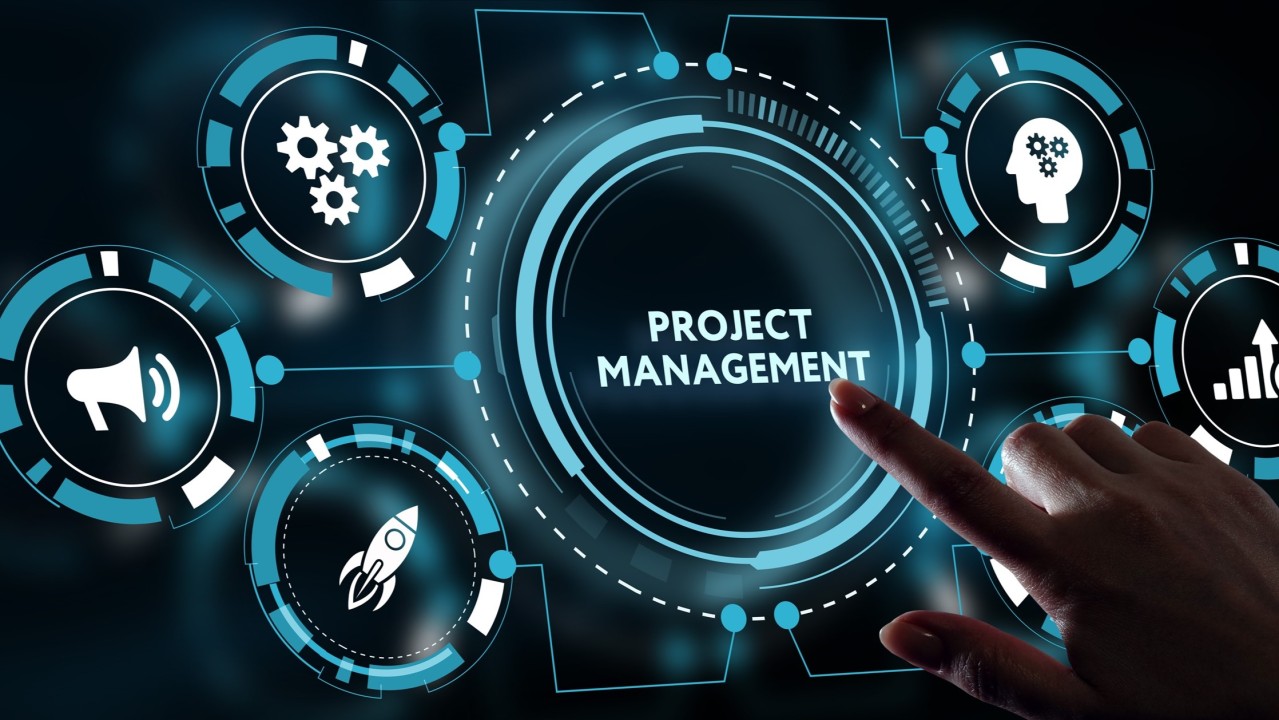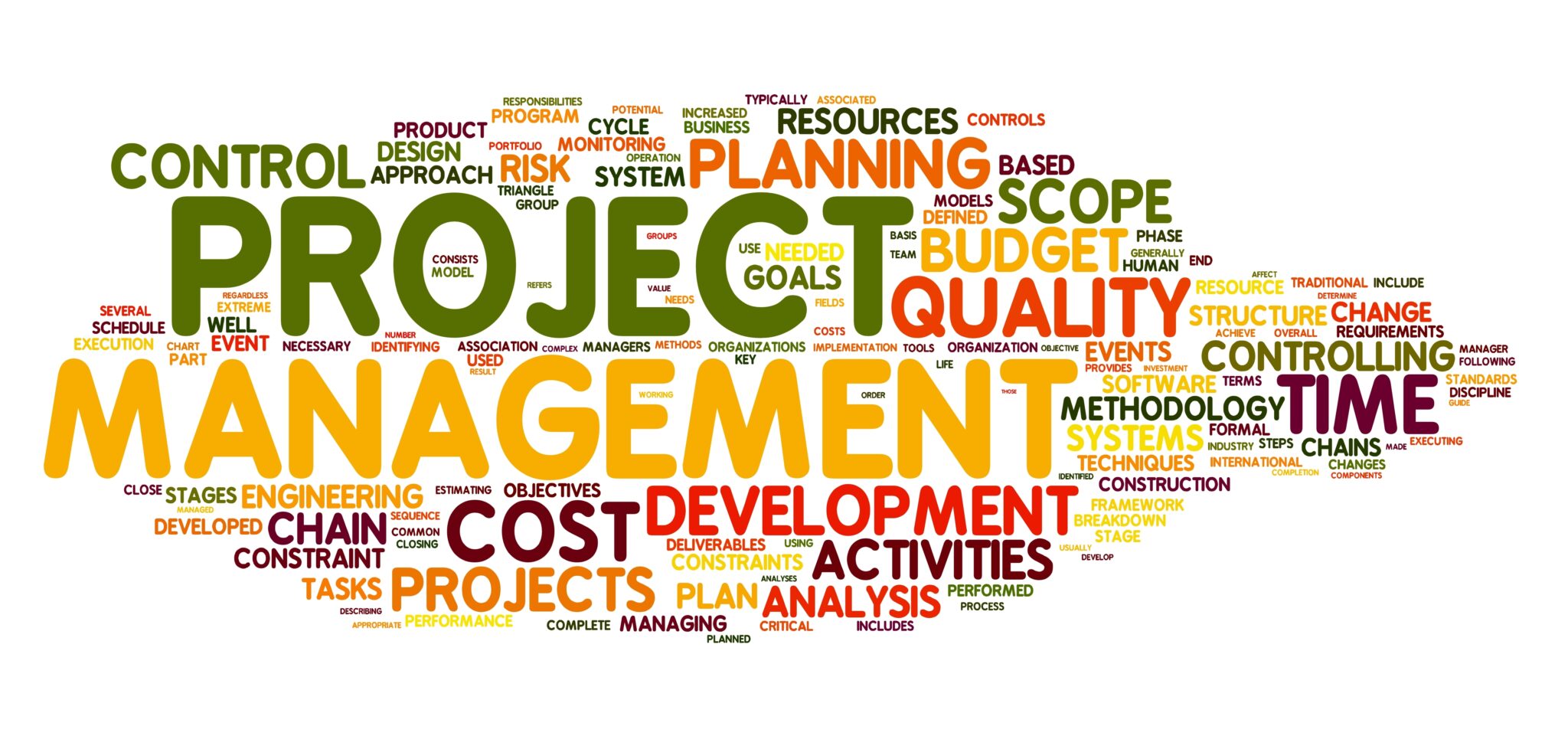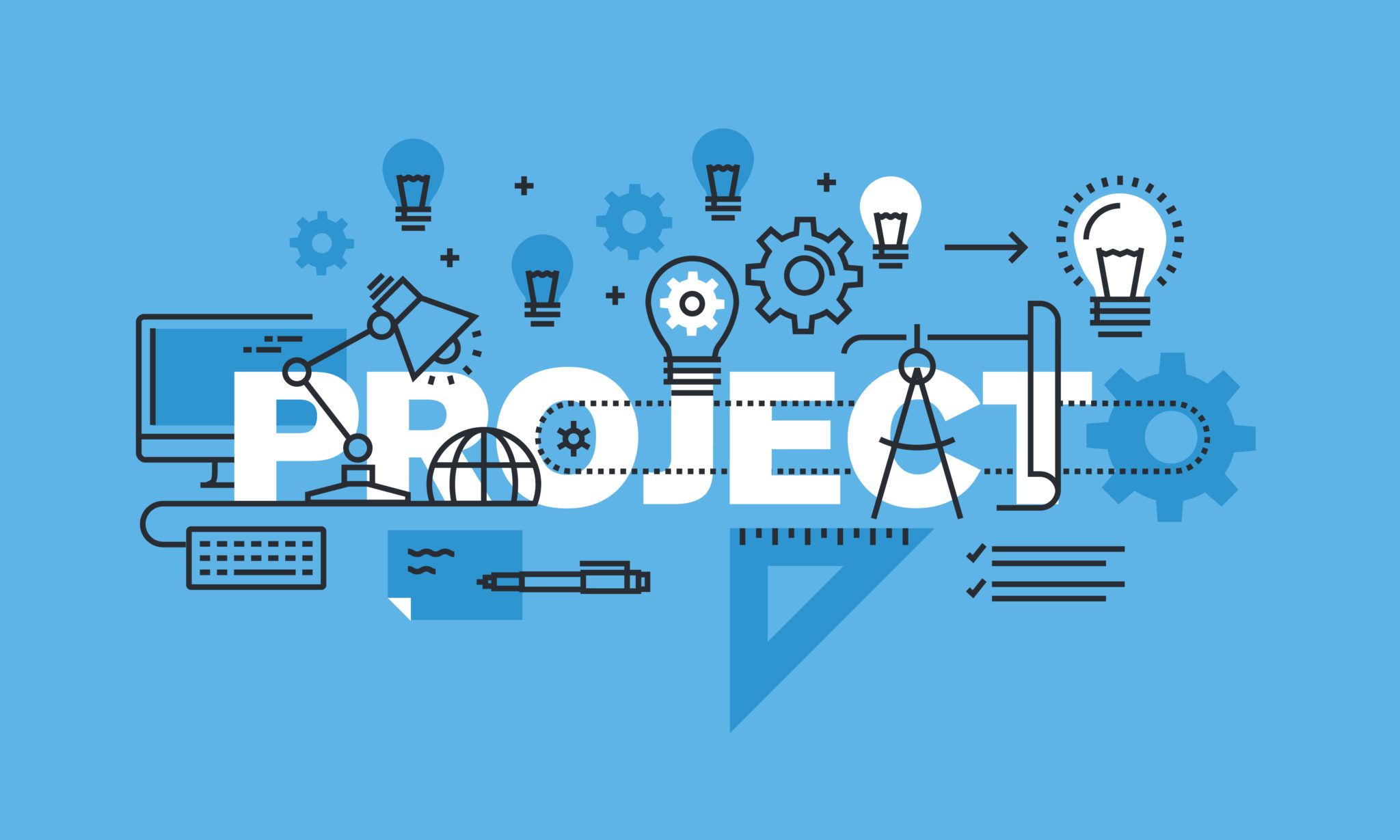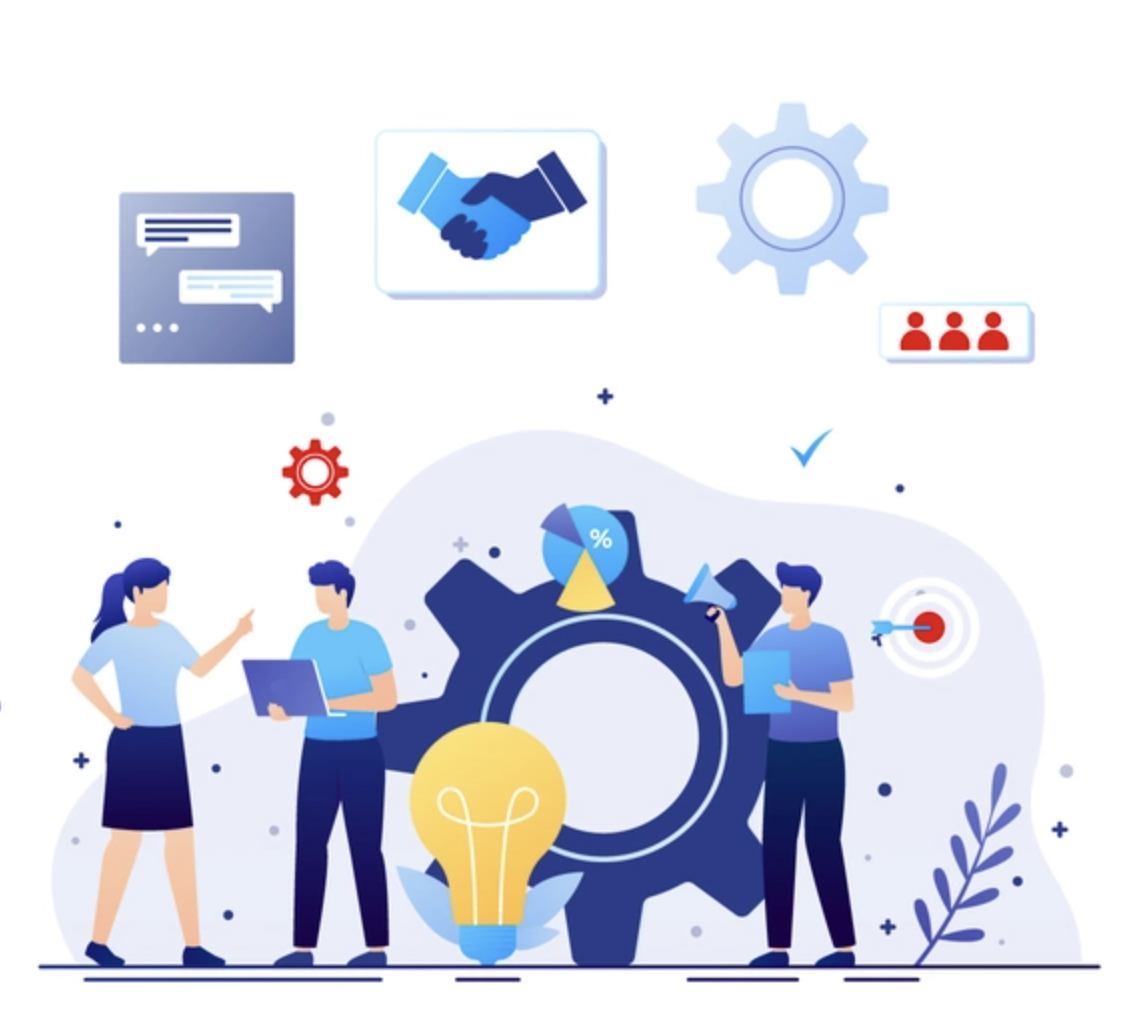Introduction: The Vital Role of Project Management in Today's Business Landscape
In today’s rapidly evolving business landscape, project management has become the linchpin for driving success and efficiency. Organizations across industries are under constant pressure to manage more complex, high-stakes projects while remaining competitive. As companies strive for higher productivity, better results, and a faster time-to-market, project managers are increasingly relying on innovative techniques to meet these demands.
Project management is no longer just about keeping projects on schedule and within budget; it is about adapting to new technologies, working with diverse teams, handling change efficiently, and ensuring optimal stakeholder satisfaction. Today’s project managers must not only be good planners but also visionary leaders who can navigate uncertainty and drive innovation within their teams.
As the field continues to evolve, Al Mithaq Institute provides cutting-edge education to help professionals thrive in this dynamic environment. Our diverse offerings in project management prepare individuals to excel in modern project environments using innovative methods, such as Agile, Lean, Scrum, and more.
In this article, we explore the most significant innovations in project management techniques that are shaping the future of this field. From advanced methodologies to the integration of AI, automation, and sustainability practices, we will uncover how these innovations are changing the way projects are managed—and how you can prepare to take advantage of these advancements.
The Evolution of Project Management: From Waterfall to Agile and Beyond
Project management has come a long way from its roots in traditional, linear models. Early methodologies such as the Waterfall model were designed for straightforward, predictable projects where each stage followed a strict sequence. In these early approaches, there was little room for flexibility or adaptation once the project was underway. Waterfall's rigid framework made it hard to incorporate changes, and while it worked well in industries like construction, it was not well-suited for industries that demanded quick, iterative progress.
However, with the advent of technology, globalization, and the increasing complexity of projects, traditional methods like Waterfall began to show their limitations. Agile project management emerged as a direct response to these challenges, offering a more adaptive, flexible, and collaborative approach.
Agile Project Management: Flexibility and Efficiency in a Fast-Paced World
Agile project management has completely transformed the way businesses approach project execution. Developed initially for the software industry, Agile emphasizes collaboration, iterative progress, and flexibility. Instead of focusing on delivering a complete project at the end, Agile divides the project into smaller, more manageable tasks or "sprints." Each sprint is completed in a short time frame, typically two to four weeks, allowing teams to deliver features or improvements incrementally.
Key Benefits of Agile Project Management
- Customer Collaboration Over Contract Negotiation: Agile focuses on engaging stakeholders and customers continuously throughout the project to ensure their needs are met.
- Responding to Change Over Following a Plan: Agile enables teams to adapt and modify project goals as new requirements or challenges emerge.
- Frequent Delivery of Working Solutions: By breaking down projects into smaller tasks, Agile allows businesses to deliver working solutions frequently, making it easier to assess progress and make improvements.
At Al Mithaq Institute, we recognize the significance of Agile techniques in modern project management. That’s why our Project Management diploma incorporates specialized training in Agile, teaching students how to apply these principles in fast-moving environments. With local and international accreditations, our courses ensure that graduates are well-prepared to lead Agile teams in any industry.
Lean Project Management: Reducing Waste and Maximizing Value
Another innovation gaining traction is Lean Project Management, which focuses on maximizing efficiency while minimizing waste. Originating from manufacturing, the Lean methodology has been adapted to project management to create processes that streamline workflows, eliminate non-essential activities, and improve project outcomes.
Core Principles of Lean Project Management
- Value Stream Mapping: Identifying and focusing on activities that add value while eliminating waste.
- Continuous Improvement (Kaizen): Lean encourages a culture of continuous improvement, pushing teams to always evaluate and refine their processes.
- Minimizing Waste: By analyzing each step of the project, Lean helps organizations eliminate unnecessary activities that do not contribute to the project's success.
For project managers aiming to maximize resource efficiency and deliver greater value to customers, Lean offers an invaluable approach. At Al Mithaq Institute, our Project Management training incorporates Lean principles, ensuring that our students are equipped with the skills necessary to lead projects that minimize waste and maximize profitability.
Scrum: A Powerful Framework for High Collaboration and Quick Adaptation
Scrum is a highly effective Agile framework that has been widely adopted, especially in the software development and IT industries. Scrum focuses on short, focused work cycles known as sprints, and fosters close collaboration among team members. Scrum teams are self-organizing, meaning that members work collaboratively to plan, execute, and review their work.
Key Components of Scrum
- Sprint Planning: At the beginning of each sprint, the team determines what will be accomplished within the sprint duration.
- Daily Standups: A brief daily meeting where team members discuss their progress and any obstacles they are facing.
- Sprint Review and Retrospective: After each sprint, the team reviews what was accomplished and discusses improvements for the next sprint.
Scrum has gained immense popularity due to its ability to deliver fast, high-quality results and adapt to changes quickly. For professionals looking to understand Scrum in-depth, Al Mithaq Institute offers specialized courses in Scrum project management, providing students with the tools needed to implement Scrum effectively in their own projects.
Hybrid Project Management: Combining Flexibility and Structure
Not all projects are the same, and as a result, the hybrid approach to project management is becoming increasingly popular. A hybrid model combines elements of traditional methodologies (such as Waterfall) with modern approaches like Agile and Scrum. This provides greater flexibility and allows for more customized solutions based on the unique needs of the project. Hybrid project management is especially useful in large organizations that manage both traditional and modern projects, or in projects with both fixed and dynamic components.
Benefits of Hybrid Project Management
- Flexibility to Adapt: Teams can choose the most suitable methods based on the nature of the project and its requirements.
- Risk Mitigation: By integrating the predictability of traditional methods with the adaptability of Agile, hybrid approaches can mitigate project risks and ensure better outcomes.
- Better Stakeholder Management: Hybrid models allow teams to balance the need for structure with the ability to incorporate feedback from stakeholders quickly.
At Al Mithaq Institute, we recognize the importance of this hybrid approach, which is why our advanced project management courses include a combination of Agile, Scrum, Lean, and traditional methodologies. This ensures that students are prepared to handle a diverse range of project types and industries.
Artificial Intelligence (AI) in Project Management: The Future of Decision-Making and Efficiency
In the age of Big Data, Artificial Intelligence (AI) is revolutionizing project management by providing tools that can analyze vast amounts of data to predict outcomes, improve decision-making, and automate processes. AI helps project managers make more informed decisions by providing predictive insights and recommendations based on historical data.
AI-Powered Tools and Benefits
- Predictive Analytics: AI can analyze past project data to predict potential risks, delays, and even project outcomes.
- Resource Optimization: AI can optimize the allocation of resources, ensuring that they are used efficiently throughout the project lifecycle.
- Automation of Routine Tasks: AI-powered tools automate administrative tasks such as scheduling, budgeting, and reporting, freeing up project managers to focus on more strategic decisions.
As AI continues to play a larger role in project management, it is important for professionals to stay up to date with these technologies. Al Mithaq Institute is proud to offer courses that explore the integration of AI into project management, helping students develop a deeper understanding of how these technologies can enhance project success.
The Role of Automation in Project Management: Streamlining Repetitive Tasks for Increased Productivity
Automation has been a game-changer in project management. By automating routine tasks, project managers can increase efficiency, reduce human error, and focus on more high-level strategic activities. Automation tools can handle everything from scheduling and task tracking to budget management and progress reporting.
How Automation Transforms Project Management
- Task Automation: Tools like Asana, Monday.com, and Microsoft Project automate task assignment, deadlines, and progress updates, reducing administrative overhead.
- Budget Tracking: Automated budget management tools help ensure that projects stay within financial limits by monitoring expenses in real-time.
- Progress Reporting: Automated reporting systems generate project reports, allowing project managers to focus on analysis and decision-making rather than compiling data.
At Al Mithaq Institute, we incorporate the latest automation tools into our Project Management curriculum, equipping students with the skills needed to effectively leverage these tools in their own projects.
Sustainability in Project Management: A Growing Focus on Eco-Friendly Practices
As businesses become more aware of their environmental impact, sustainability has emerged as a critical aspect of project management. Sustainable project management focuses on delivering projects in ways that minimize negative environmental and social impacts. This approach is particularly important in industries such as construction, manufacturing, and energy, where large-scale projects can have significant ecological footprints.
Key Aspects of Sustainable Project Management
- Resource Efficiency: Ensuring that materials and resources are used efficiently and with minimal waste.
- Eco-Friendly Practices: Implementing sustainable practices, such as using renewable materials and energy sources.
- Social Responsibility: Ensuring that projects benefit local communities and stakeholders, considering both environmental and social factors.
Sustainable project management is becoming increasingly important for businesses aiming to meet environmental regulations and corporate social responsibility goals. Al Mithaq Institute offers training on sustainable project management, helping students integrate eco-friendly practices into their projects while maintaining efficiency and profitability.
Conclusion: Embracing Innovations for Project Management Success
Project management is no longer just about sticking to a set of rules; it’s about embracing innovation and adapting to new challenges. The key innovations in project management, such as Agile, Lean, Scrum, AI, and automation, are transforming the way projects are managed, resulting in more efficient processes, quicker delivery times, and greater success.
For professionals looking to stay ahead in this dynamic field, formal education and certification are crucial. By enrolling in a Project Management program at Al Mithaq Institute, you gain access to cutting-edge training that integrates the latest methodologies and technologies. Whether you're interested in Agile, Lean, Scrum, or AI-driven project management, our accredited courses provide you with the tools you need to succeed in today's fast-paced world.
Ready to elevate your project management career? Visit our courses page today and explore the opportunities awaiting you.








